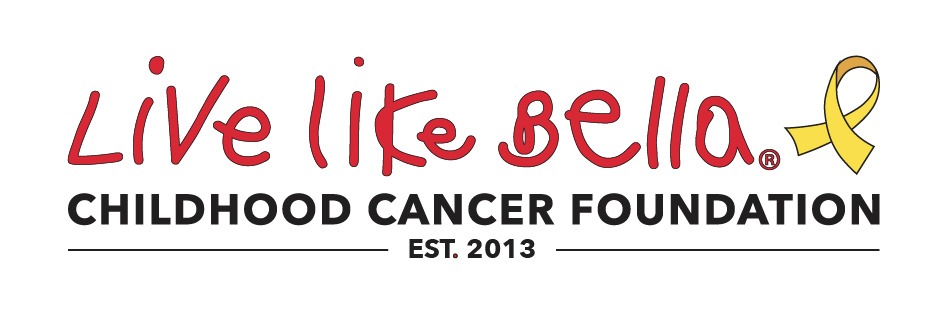
Jatinder Lamba
Pharmacogenomics and Toxicities of Thiotepa, Busulfan, and Fludarabine in Pediatric HSCT Recipients
Institution:
University of Florida, University of California San Francisco Primary Researcher(s):
Jatinder Lamba; Biljana Horn; Janel Long- Boyle Status:
Pending 2019
Allogeneic Hematopoietic Cell Transplantation (alloHCT) is a common treatment for people with Acute Lymphoblastic Leukemia (ALL). The procedure involves a donor giving Hematopoietic stem cells to the individual with ALL. Hematopoietic stem cells are responsible for the reproduction of new blood cells. Total Body Irradiation (TBI) is an operation that precedes the transferring of these stem cells. Young individuals undergoing alloHCT skip Total Body Irradiation, as it often has negative side effects. A new non-radiation based drug consisting of Thiotepa, Bulsulfan, and Fludarabine has shown promise in replacing TBI. However, little is known about how genetic variation may affect the efficiency of the drug. The objective of the study is to analyze how genetic variation affects the movement of the drug within the body and its overall effectiveness. Results from the study will offer recipients of alloHCT possibly more successful forms of treatment in the future.
As researchers we are delighted to be a part of a group that is contributing to science which can be immediately translated into clinical practice and improve outcomes of children receiving HSCT.

